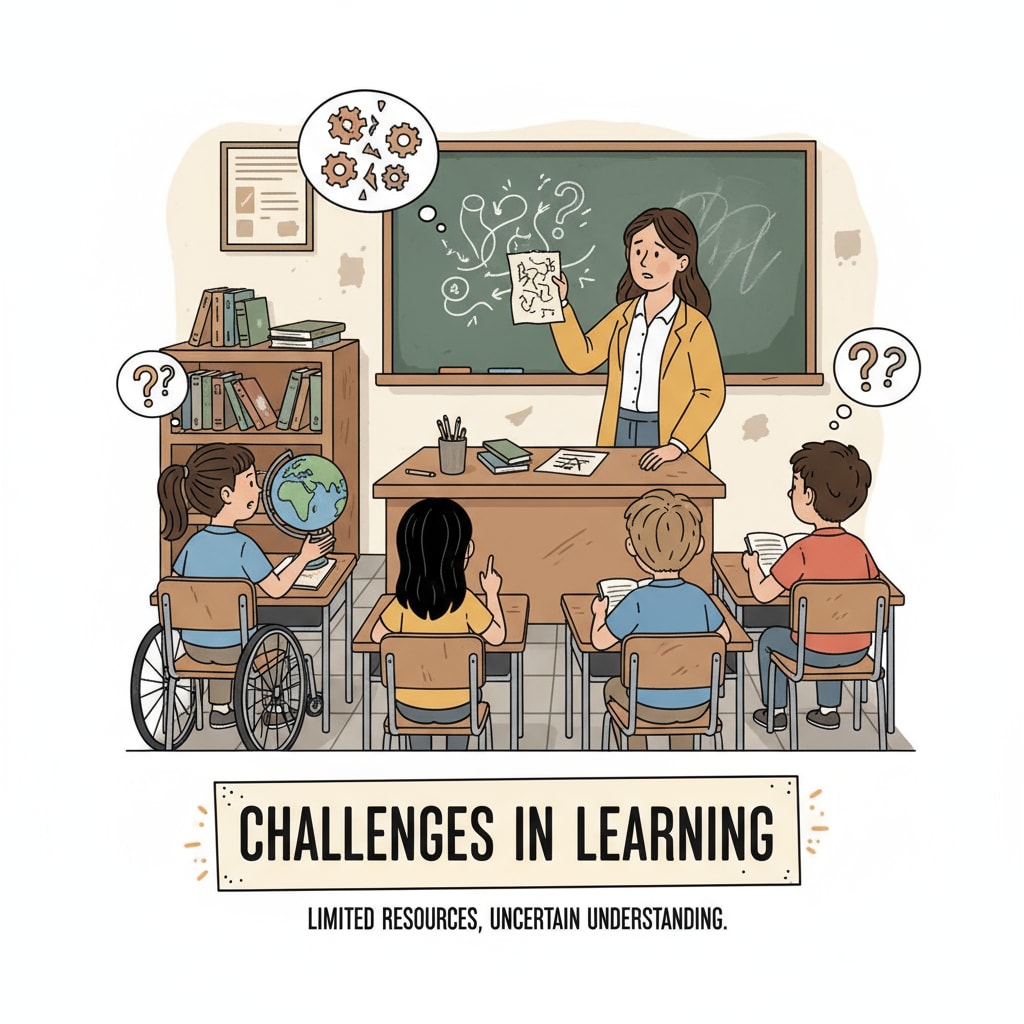The National Education Policy (NEP) in India brought about a significant wave of education reform, and its implementation experience has been a topic of great interest. This policy aimed to revolutionize the K12 education sector. Let’s take a closer look at how it has played out on the ground. National Education Policy 2020 on Wikipedia

Theoretical Foundations of NEP
The NEP was built on several key principles. It emphasized holistic development, aiming to go beyond rote learning. For example, it focused on cultivating critical thinking and creativity among students. The policy also aimed to make education more inclusive and accessible. By doing so, it strived to bridge the gap between different social and economic groups. Education on Britannica
Implementation Challenges
However, implementing the NEP has not been without its challenges. One major issue is the lack of proper teacher training. Many educators were not fully equipped to handle the new teaching methods and curricula. Additionally, there were problems with resource allocation. Some schools, especially in rural areas, did not receive adequate funding to implement the reforms effectively. This led to a situation where the intended changes could not be fully realized.

Another challenge was the resistance from some traditional educational institutions. They were accustomed to the old ways of teaching and were reluctant to embrace the new reforms. This resistance slowed down the overall implementation process.
Student Experiences
From the students’ perspective, the NEP brought both opportunities and difficulties. On one hand, students were exposed to more diverse and engaging learning materials. For instance, project-based learning became more prevalent, which helped students develop practical skills. On the other hand, the sudden change in the curriculum and teaching methods was overwhelming for some. They struggled to adapt to the new requirements, especially those who were used to the traditional rote learning approach.
Readability guidance: As seen, the implementation of NEP in India has been a complex journey. The challenges faced in teacher training, resource allocation, and resistance from traditional institutions have affected its progress. However, students have also started to experience the positive aspects of the reform. Overall, the NEP still has a long way to go to fully achieve its educational transformation goals.


